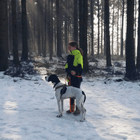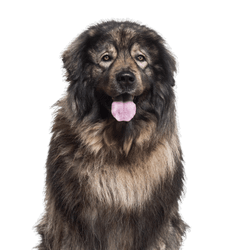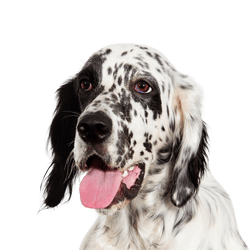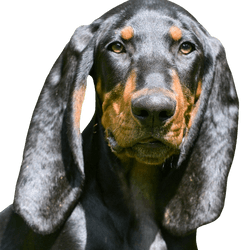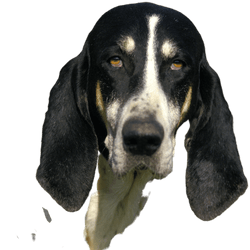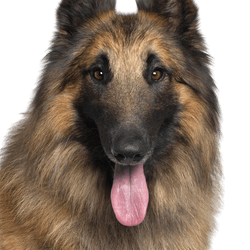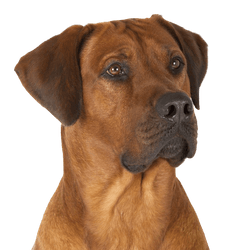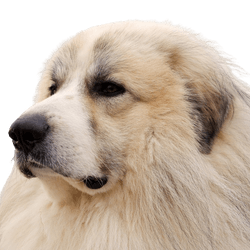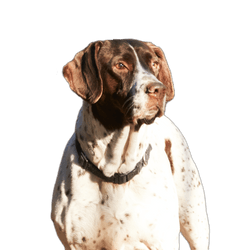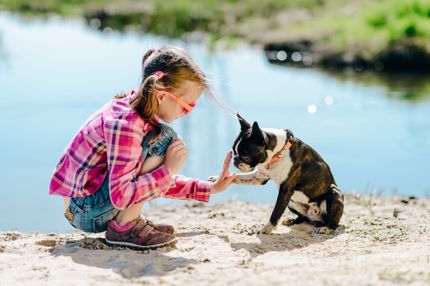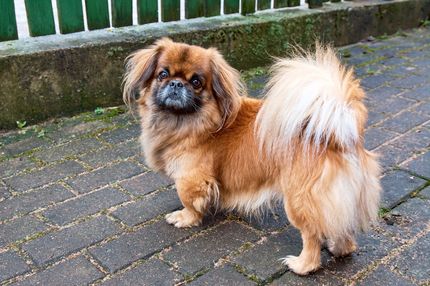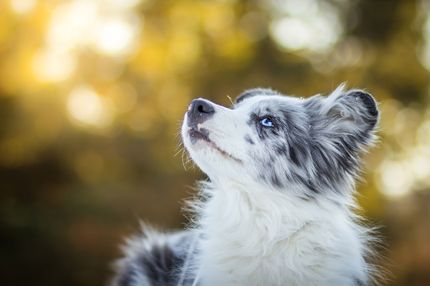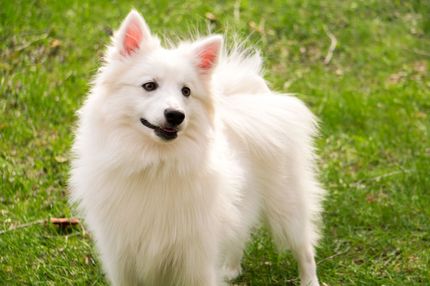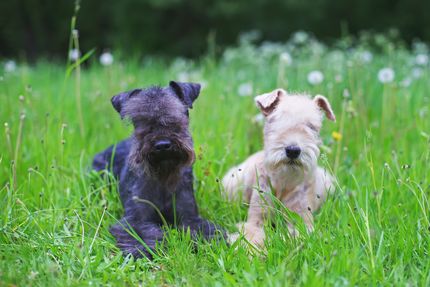Facts & Origin
The development of the Slovakian Roughbeard
The breeding of the Slovakian Roughbeard began in the 1950s, when Slovakian hunters wanted to develop a versatile, weatherproof and adaptable hunting dog. The first attempts were based on grey Bohemian Roughbeards (Český Fousek), which differed in color from their conspecifics. At the same time, Weimaraner, German Wirehaired Pointer and Poodle Pointer were crossed in order to improve the hunting abilities and the dense, protective coat.
In the 1960s, breeding was further systematized by defining three bloodlines: One from purebred gray Fouseks, one from Fousek-Weimaraner crosses and one with a strong Weimaraner influence. While Czechoslovakia worked specifically on breeding, the German Weimaraner Club rejected the rough-coated variety. This led to the independent further development of the breed and enabled targeted selection for hunting performance.
The Slovakian Rough Beard today
In1982, the breed was finally officially recognized by the FCI and became known as the Slovakian Wirehaired Pointer (Slovenský Hrubosrstý Stavač). The population grew slowly, but the breed remained rare in Western Europe and outside Slovakia for a long time. It was not until the end of the 1990s that the first specimens found their way to Great Britain and other European countries. Today, the Slovakian Wirehaired Beard can be found in several European countries, albeit in small numbers.
Despite its increasing popularity, it is still considered a working dog for hunters and care is taken not to market it as a fashion dog.
Who is it suitable for?
The Slovakian Roughbeard is a versatile, robust and intelligent pointing dog that is characterized by its ability to learn and its even-tempered nature. He is best suited to active people or hunters who can provide him with the necessary exercise and mental challenge. With the right training and sufficient activity, he is a loyal, reliable companion.
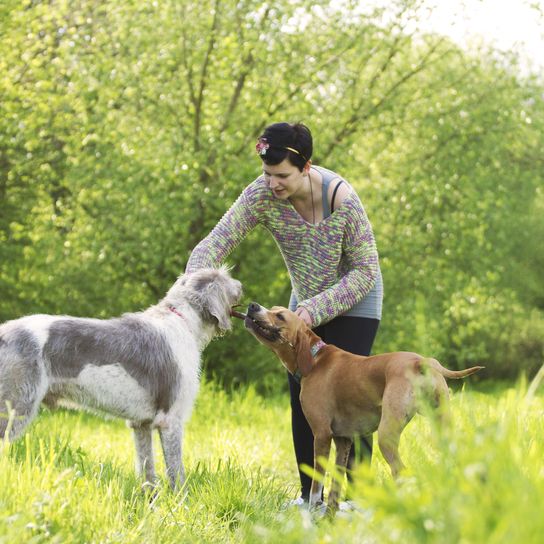
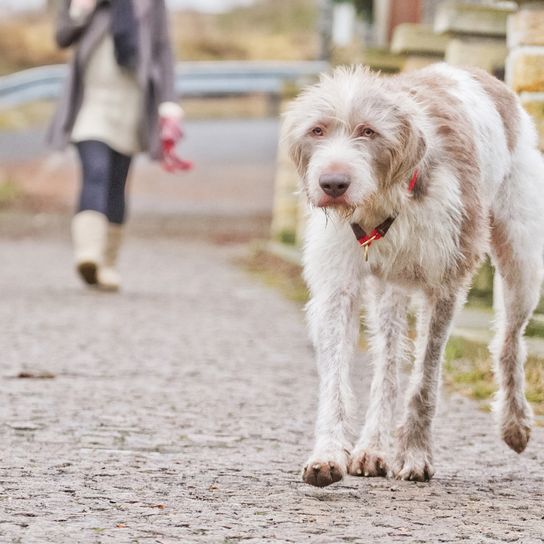
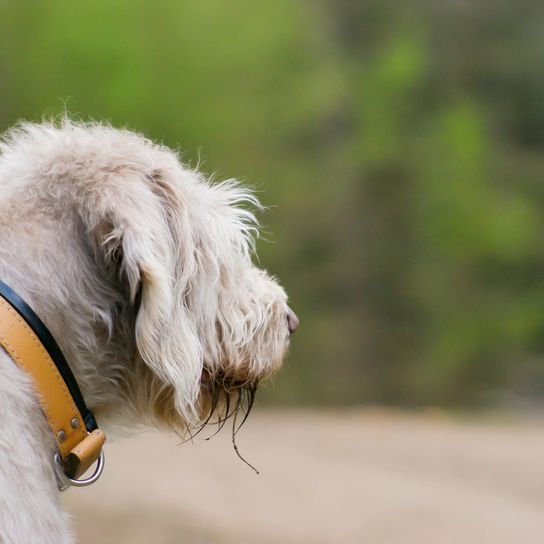
| Alternate Name | Slovenský hrubosrstý stavač |
| Origin | - |
| Life expectancy | 12 - 14 years |
| Care requirements | low-maintenance |
| Activity level | high |
| FCI group | Continental Pointing Dogs |
| AKC group | Foundation Stock Service |
| KC group | not recognised |
Attitude, character and temperament of the breed
Character and nature
The Slovakian Wirehaired Pointer is a friendly, willing to learn and obedient dog that forms a close bond with its owner. He is eager to work, persistent and highly intelligent, which makes him an excellent companion for hunting and sport. However, its independence requires consistent but fair training.
Exercise requirements and attitude
As a typical hunting dog, it needs sufficient daily exercise and mental activity. He loves long walks, search and retrieve games and hunting tasks. A life in a small apartment without regular exercise would not be suitable for him.
Usage
Health and breeding information
Grooming the Slovenský hrubosrstý stavač
The Slovenský hrubosrstý stavač, also known as the Slovakian Roughcoat, is a dog with moderate grooming needs, which makes it a practical companion for many dog owners.
- This breed's coat is rough and dense, but does not require excessive grooming. Regular brushing (about once a week) helps prevent matting and keeps the coat clean and healthy. Bathing should only be done when necessary to preserve the coat's natural oils.
- Due to their droopy ears, these should be checked and cleaned regularly for signs of infection . Eye checks are also important to ensure overall health.
- Claw trimming and teeth brushing are part of the regular grooming routine.
Health aspects
The Slovenský hrubosrstý stavač is generally a robust and healthy breed. Regular veterinary examinations are recommended to detect and treat health problems at an early stage.
Breeding and responsibility
Responsible breeders should test their breeding stock for hereditary diseases to ensure the health of the puppies. In addition, early socialization and training are important to promote a well-balanced and well-adjusted dog.

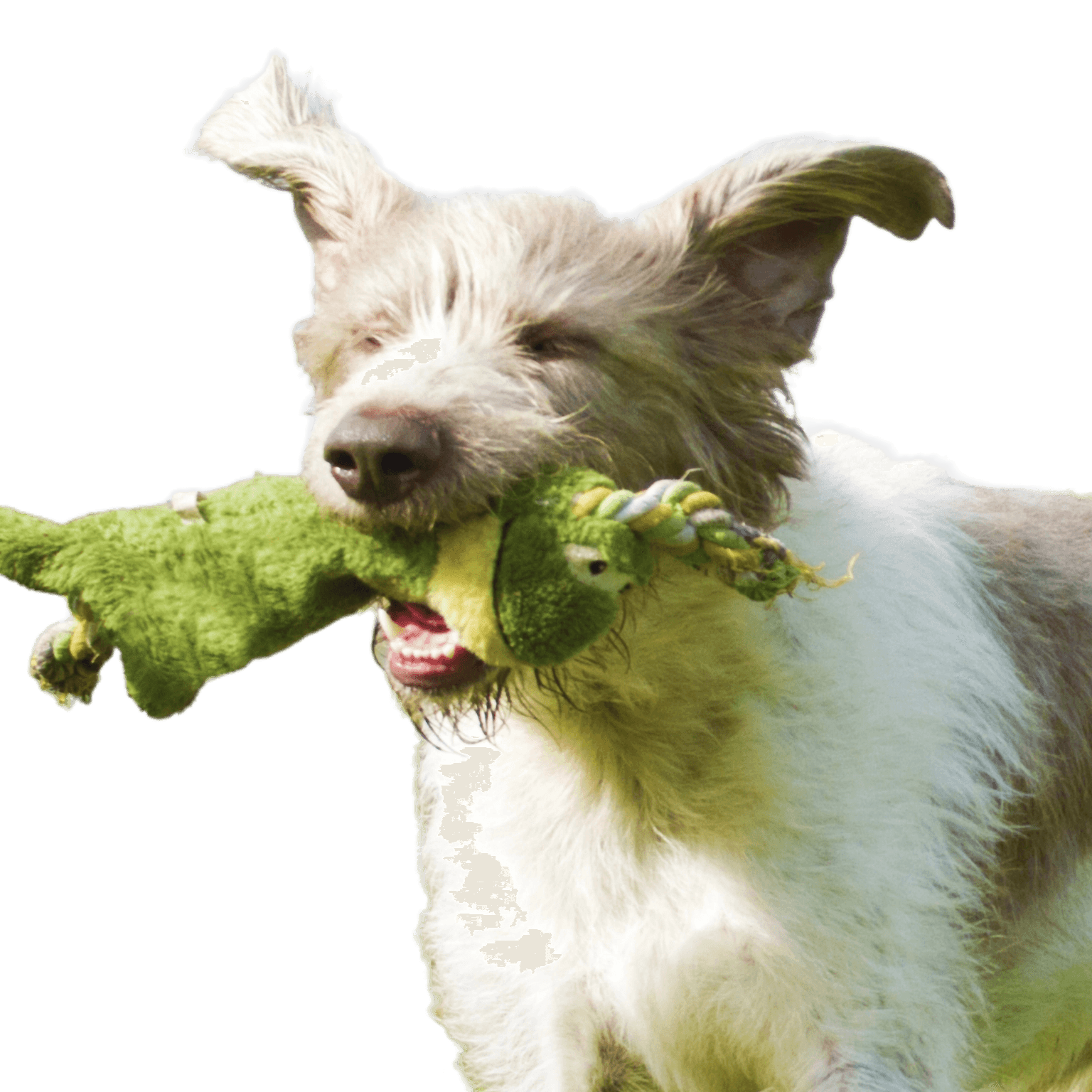
Appearance and conformation
The Slovakian Wirehaired Pointer is a medium-sized, strong dog with a compact, muscular body that nevertheless appears elegant. Its height at the withers is 62 to 68 cm in males and 57 to 64 cm in females. The body is slightly rectangular, with males being slightly longer than tall. Despite its robustness, it does not appear heavy, but well proportioned.
Head and expression
The head of the Slovakian Wirehaired Pointer is expressive, rectangular in shape and harmoniously matching the body. The eyes are almond-shaped, amber-colored and radiate intelligence. Interestingly, puppies and young dogs initially have blue eyes, which darken over time. The ears are of medium length, rounded and set above the eye line, giving the dog an alert and friendly appearance.
Coat and color
Its rough, medium-length coat reliably protects it from harsh weather and dense undergrowth. Its characteristic beard and bushy eyebrows are particularly striking and give it a striking appearance. The basic color is called "gray", a mixture of chestnut and sandy shades, sometimes with white markings on the chest and limbs or as a spotted variant.
| Fur length | short |
| Fur | rough-haired |
| Ear shape | Floppy Ear |
| Tail | lang |
| Anatomy | rugged |
| Size ♀ | 57 - 64 cm |
| Weight ♀ | 25 - 35 kg |
| Size ♂ | 62 - 68 cm |
| Weight ♂ | 25 - 35 kg |
| Suitable For | Children |
FAQ
-
The Slovakian Roughbeard originates from Slovakia and was bred as a versatile hunting and retrieving dog, especially for work in the forest and in the field
-
He is persistent, intelligent and eager to learn, with a strong hunting instinct and a close bond with his owner.
-
Yes, he can be a loving family dog, but he needs a lot of activity and exercise to keep him busy.
-
Yes, as a hunting dog it has a strong hunting instinct, which is why early education and training are particularly important.
-
Its dense, rough coat protects it from the elements and requires regular brushing to keep it clean and well-groomed.
-
He is smart and eager to work, but also independent, which is why consistent but friendly training is necessary.
-
He gets on well with other dogs, but his hunting instinct can be problematic with small animals or cats.

